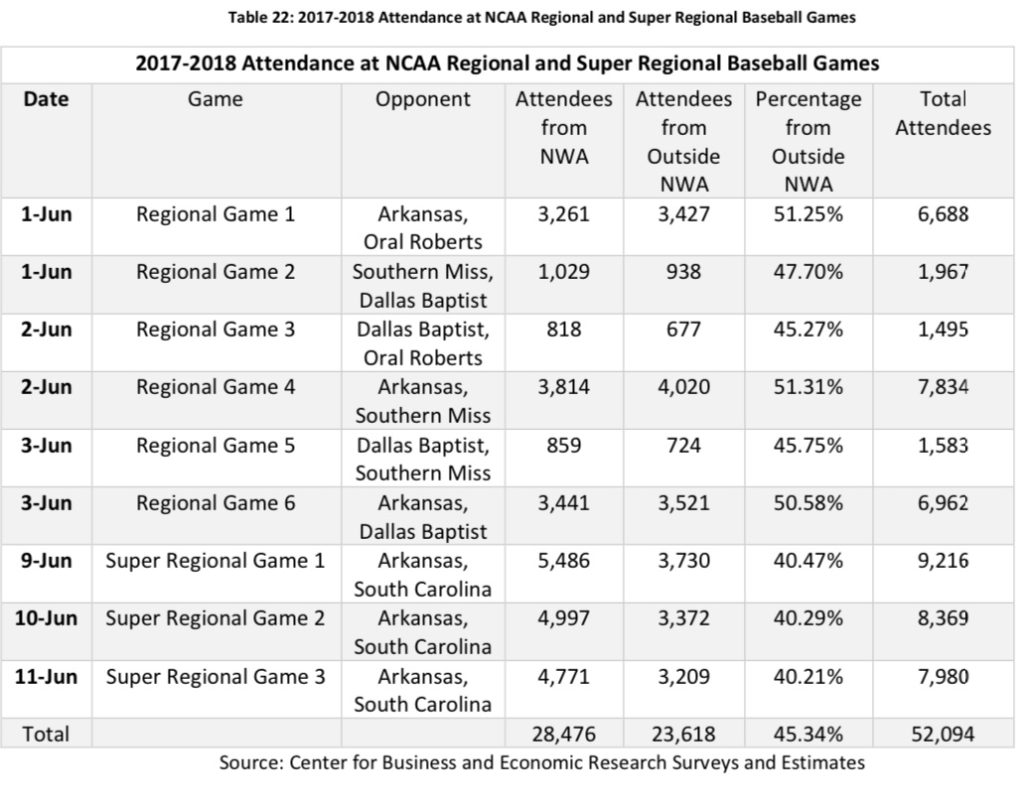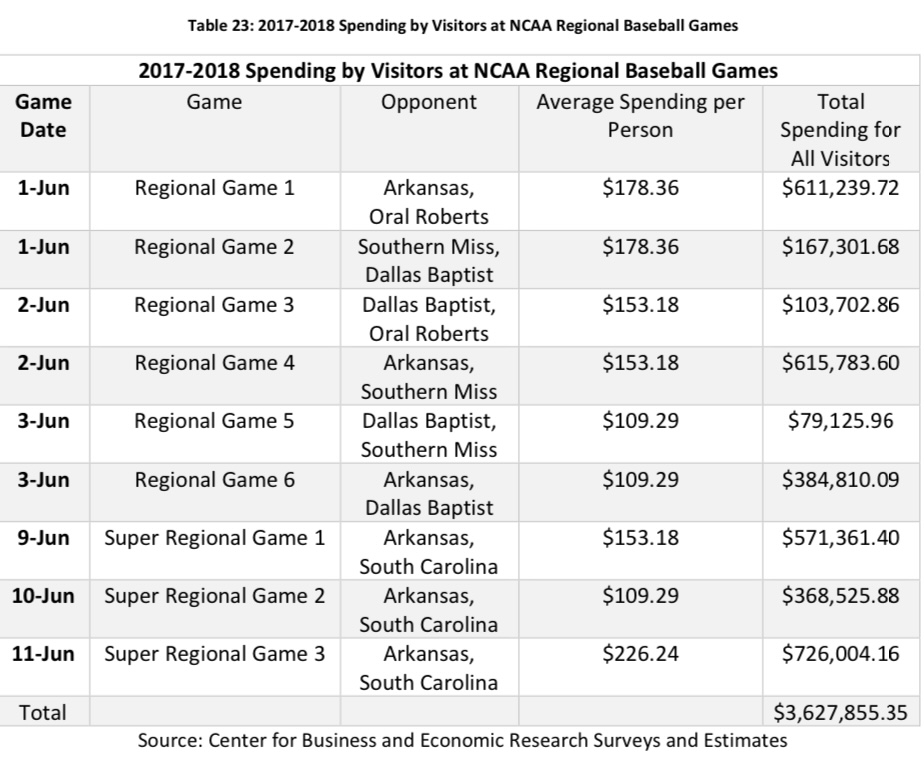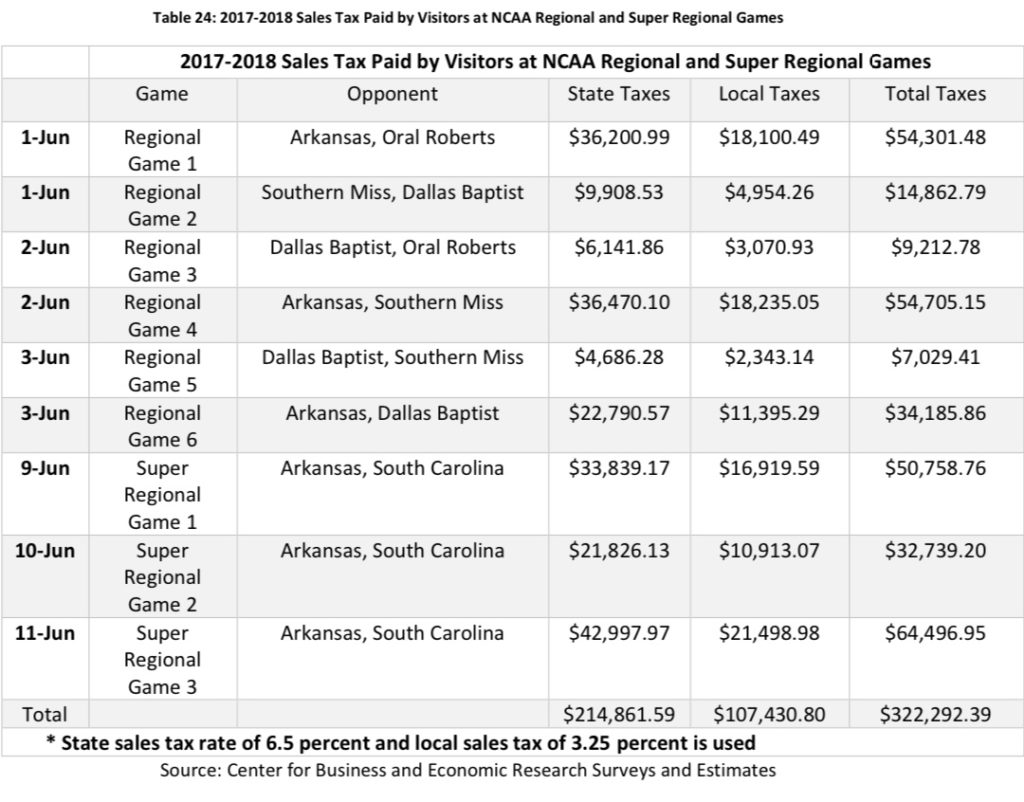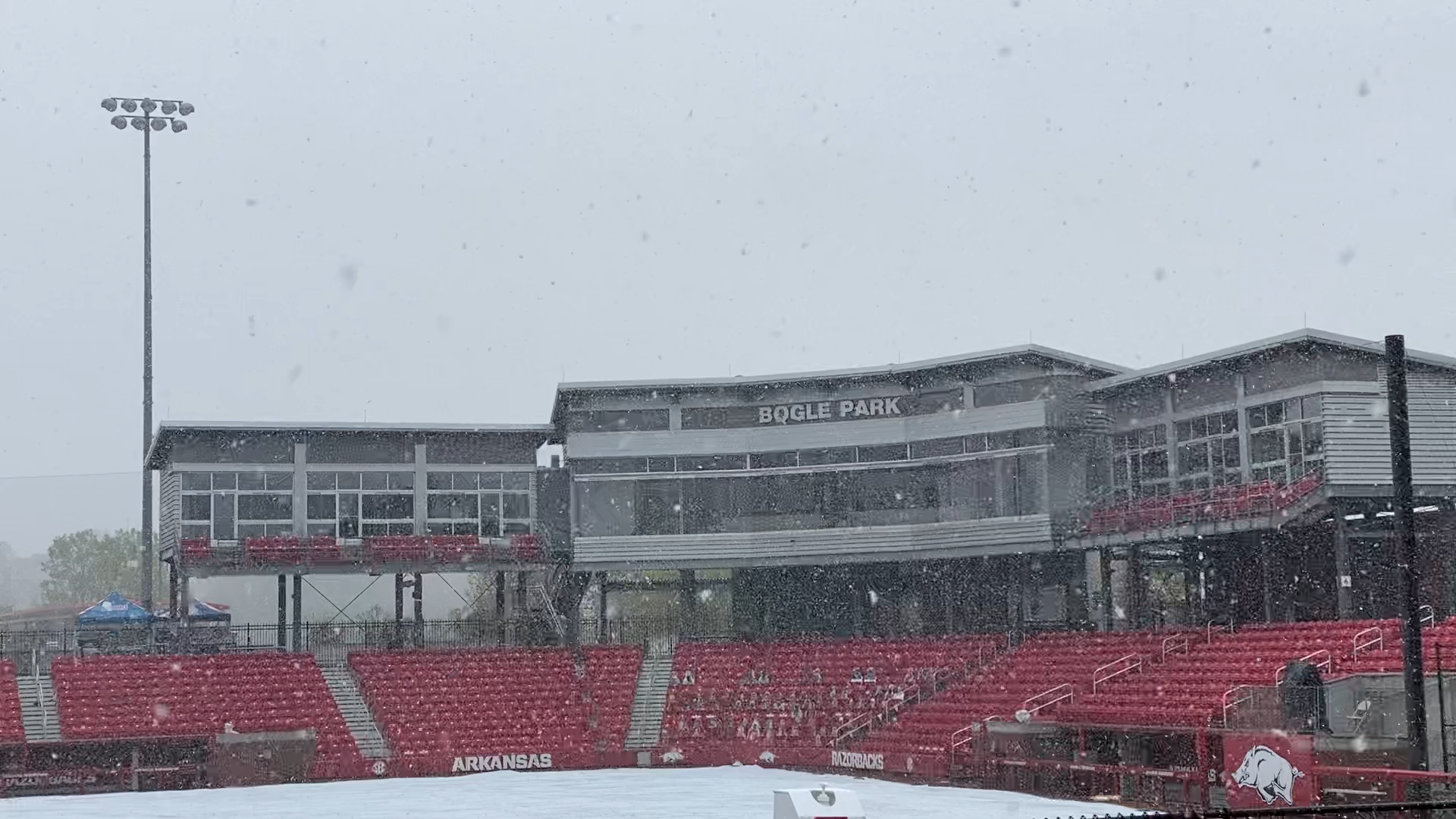By: Jose Carranza
FAYETTEVILLE, ARK. (UATV) –Recent bills passed in Arkansas may impact the Fayetteville economy after NCAA’s actions.
On April 6th, Arkansas became the first state to ban gender-affirming healthcare to the transgender youth.
The bill faced controversy as Governor Asa Hutchinson had previously vetoed the bill as the HB 1570, Safe Act, was “a product of the cultural war in America,” he claims, “the most recent action of the General Assembly, while well intended, is off course.”
The following day, the Arkansas legislature overrode his veto. The Arkansas house voted 71-24 and the Senate voted 25-8.



The NCAA released a statement on April 12th on transgender participation, not long after Arkansas passed HB 1570.
In the statement, the NCAA said, “when determining where championships are held, NCAA policy directs that only locations where hosts can commit to providing an environment that is safe, healthy and free of discrimination should be selected.”
In March, Arkansas baseball and softball made their bids to host regionals in Fayetteville. The NCAA has yet to make their decision, yet the controversial bill could halt Fayetteville’s championship bid as it affects transgender participation.
The last time the University of Arkansas hosted regionals and super regionals, a total of 52,094 attendees visited Baum Walker Stadium based on a survey done by the Center for Business and Economic Research at the U of A.

Mervin Jebaraj has been Director of the Center for Business and Economic Research at the University of Arkansas since April 2017. The center made a report to find the economic impact of the U of A on Arkansas in 2018. The report includes the survey and estimates on regionals hosted in 2018.
“During that two week to weekend period that the super regionals are here, contributed about $3.6 million dollars to the local economy,” Jebaraj said, “so that’s just spending from fans outside of Northwest Arkansas visiting for the super regionals.”

Over 45% of attendees came from outside Northwest Arkansas. These visitors contributed toward $3,627,855.35 in spending. The report mentions that that number doesn’t include tickets, merchandising and concessions as the spending comes from data from outside the stadium.
When asked which businesses are most likely to be impacted, County Treasurer Bobby Hill said, “the hospitality industry, your hotel, motel and restaurants, they’re the ones going to be most affected.”
In 2018, according to the university’s commencement schedule, the last graduation was set for May 19. Regionals for Arkansas didn’t begin until June 1. Students don’t come back until August which impacts Fayetteville according to Jebaraj.
“It’s a little bit lower in the summer months because again students are gone largely and there isn’t as many people in Fayetteville,” said Jebaraj, “So these types of events help bars and restaurants makeup some revenue during the summer months”

“Especially coming on the heels of the pandemic, last thing that restaurants and hotels need is less people coming into their operations,” said Hill.
Director Jebaraj also mentions that not only will the community feel an impact economically, but that reputation may cause an issue with growth.
“This type of publicity is not what community leaders, business leaders in Northwest Arkansas Arkansas have been trying to push to try to get people to move to Northwest Arkansas,” said Jebaraj, “there’s quite a bit of reputational harm that is larger than the straight economic loss to the leisure and hospitality industry.”
In a statement by Chancellor Joseph Steinmentz, the chancellor showed concern on the legislation passed.
“These policies affect our campus community and can be hurtful to many,” said Steinmentz. “We believe that the world is better when we work together, care for one another, and intentionally seek to lift one another, so that all feel a sense of belonging.”
Selections for regionals will be made the week of April 26 for softball sites and the week of May 10 baseball sites.


